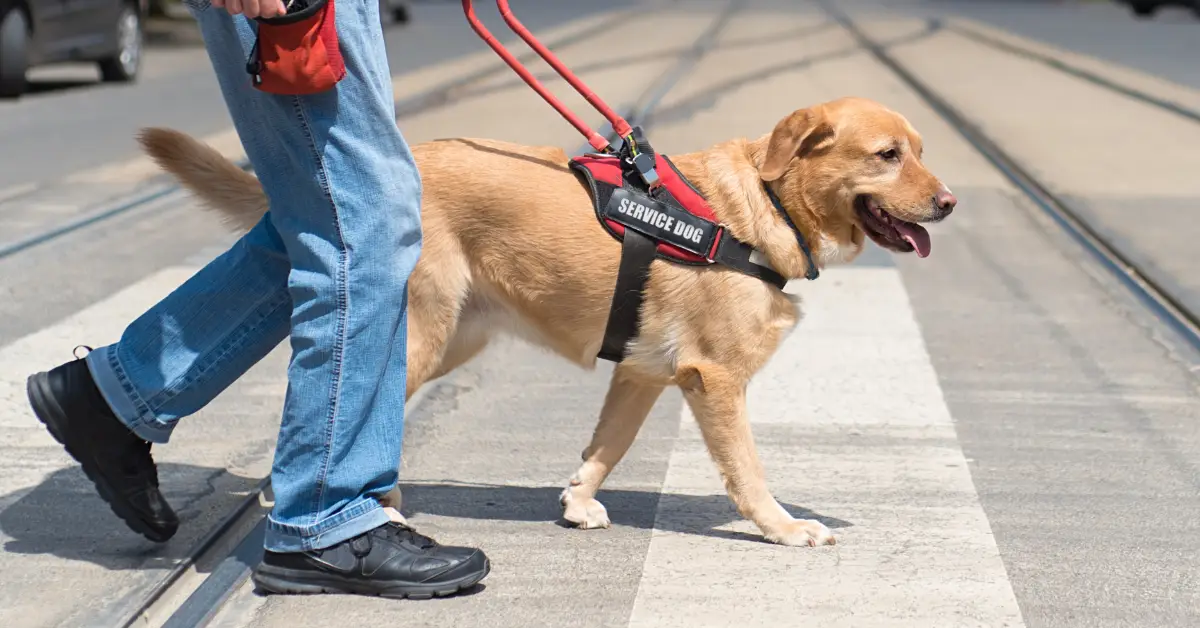Apologies, but no results were found. Perhaps searching will help find a related post.
Learn About Assistance Animal Laws: the FHA, ADA & ACAA
Understand your rights under the Americans with Disabilities Act, Fair Housing Act, ACAA and state regulations. Get clear answers to common legal questions.

Most Popular Laws Articles
ADA Service Dog Laws
You have legal rights in every city and state if you’re a service dog owner, thanks to one important U.S. federal law: the Americans with... Read more
Service Dog Requirements
The ADA defines a Service Animal as a dog individually trained to perform tasks or do work for the benefit of a person with a... Read more
What to Do if Your Landlord Does Not Accept Your Emotional Support Animal
If your landlord has said no to your emotional support animal, there’s no need to panic; HUD’s rules are on your side. In this article... Read more
Emotional Support Dog Requirements
Ready to make your dog or pet an emotional support animal? We’re here to remove the confusion from the process so you can learn what... Read more
Landlord Rights for Emotional Support Animals
If you’re a landlord, you may have noticed the use of Emotional Support Animals (ESA) has become common as more mental health professionals write ESA... Read more




